-
11 – The IRC Culture: Everyone Had a Voice

At IRC, everyone mattered, and everyone felt that our mission mattered. We were all a team.
-
12 – IRC: Research and Education

In the late 1960s, IRC got a five-year research support commitment from Chevron, DuPont, Exxon, General Electric, General Motors, Gulf Oil, Procter & Gamble, Westinghouse, Western Electric, and Standard Oil of Indiana.
-
13 – Automation and Human Resources

During the early 1960s, it was revolutionary to see automobiles being assembled with very few human workers in sight on an assembly line.
-
14 – Dividing IRC: Consulting and Research Interests

In the 1950s, then-president Carroll E. French believed it would be good business to split the organization into a nonprofit that would retain the IRC name designator and a similar name for a company with the word “service” added to it.
-
1 – The Birth of Employee Relations (and the Beginnings of HR)
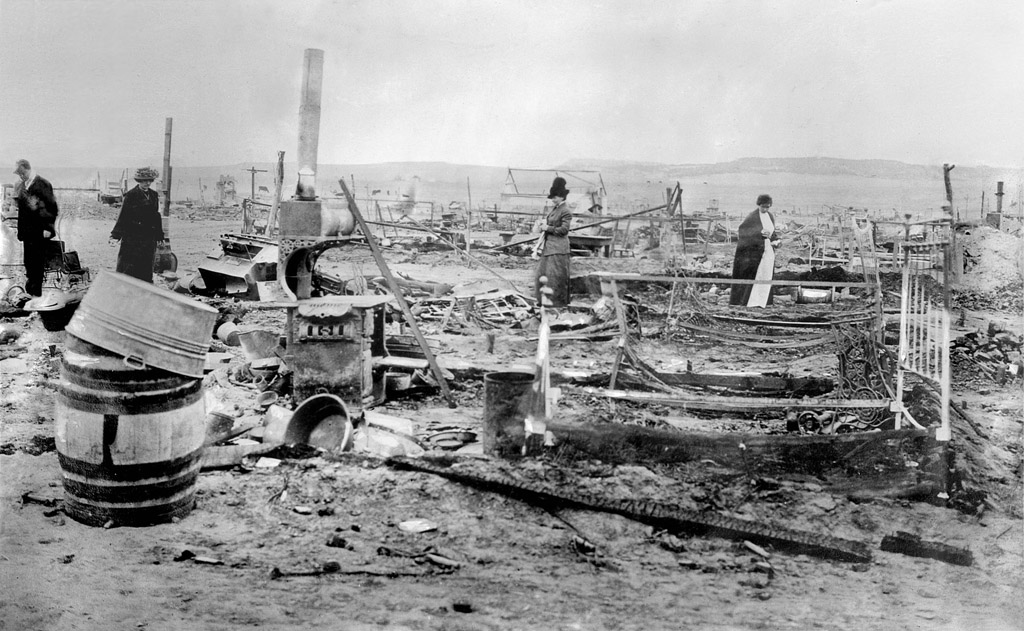
It may be a surprise to some people that John D. Rockefeller Jr. was a champion of what we now know as the broad field of human resources. But Rockefeller was so much more than a petroleum industry heir or even an engaged philanthropist.
-
2 – The Champion of Work Relations
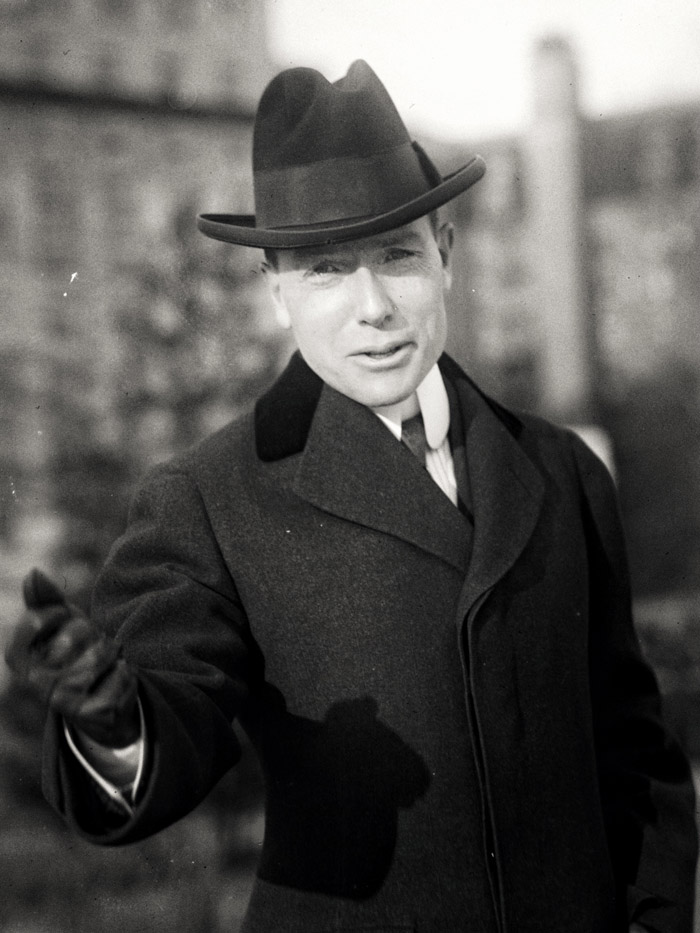
Among Rockefeller’s many actions was the establishment in 1926 of Industrial Relations Counselors, Inc.—renamed Innovation Resource Center for Human Resources (IRC4HR) in 2015 —as a nonprofit research and educational organization to “advance the knowledge and practice of human relations” in the workplace.
-
3 – Appreciating Diversity, Experiencing Inclusion
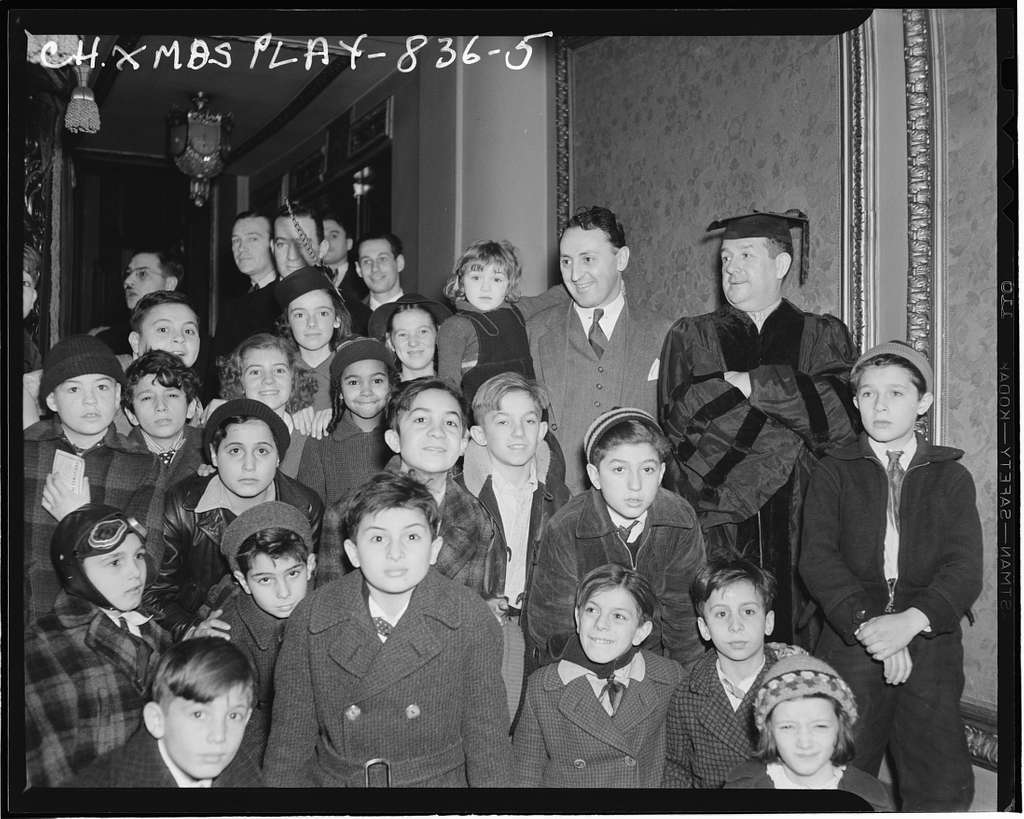
In my school years in New York City during the early 1930s, I was exposed to schoolmates from almost every background imaginable. My friends were from diverse religious beliefs, national backgrounds, race, and economic circumstances.
-
4 – Life: A Mix of Serendipity, Opportunity, and Choice
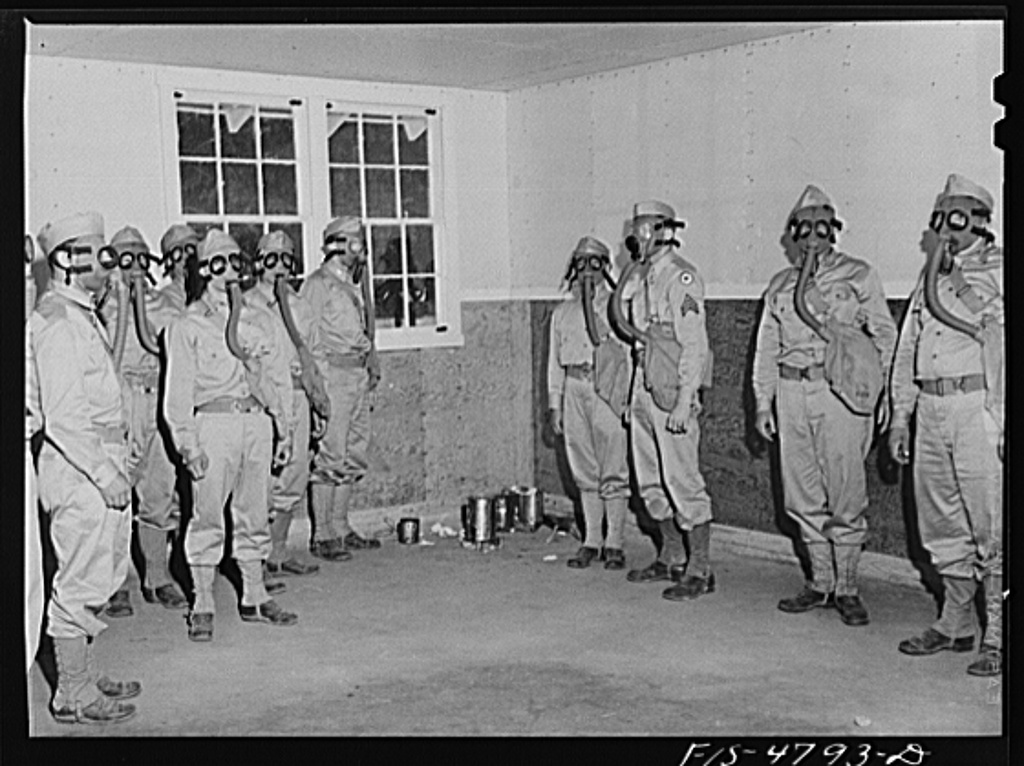
I was drafted into the Army shortly after my 18th birthday and, because of my interest and background in chemistry, the Army decided that Medical Corps basic training was a good fit with my interests. I was sent to Camp Grant, Illinois, and soon discovered that Medical Corps basic training was not for me.
-
5 – An Ongoing Interest in Recognizing and Bridging Difference

I knew that at the end of my military service, I would need to find ways to learn to understand our world better than I did, and that my earlier focus on science was not the path to understanding.
-
6 – In Search of a Framework for Understanding People and Organizations
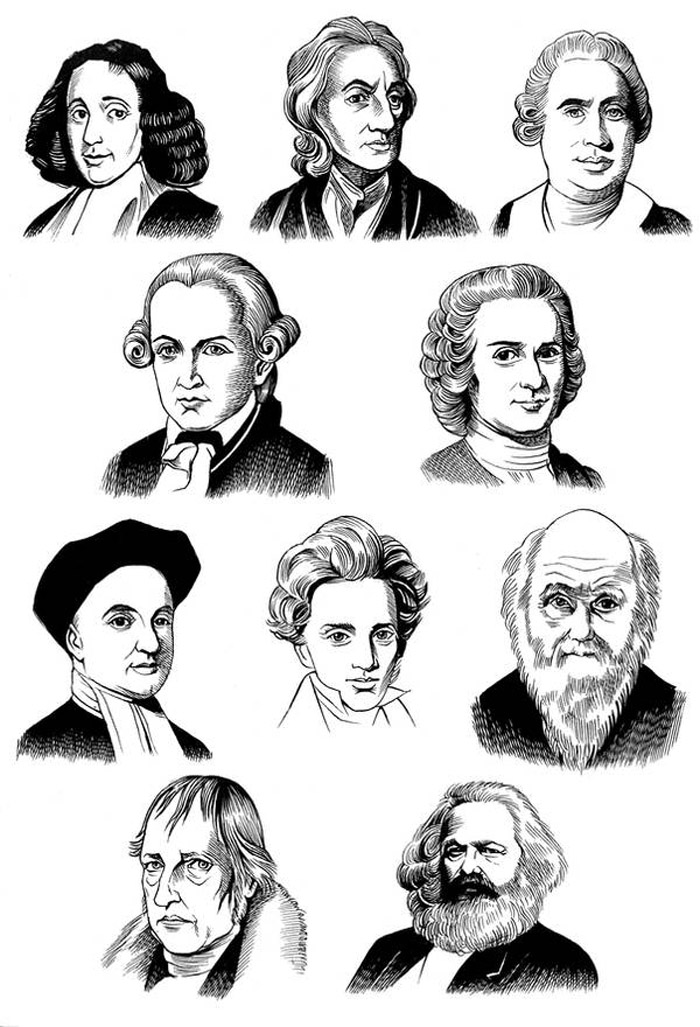
I will never forget the lesson taught by the one-question final exam for one of my philosophy classes.
